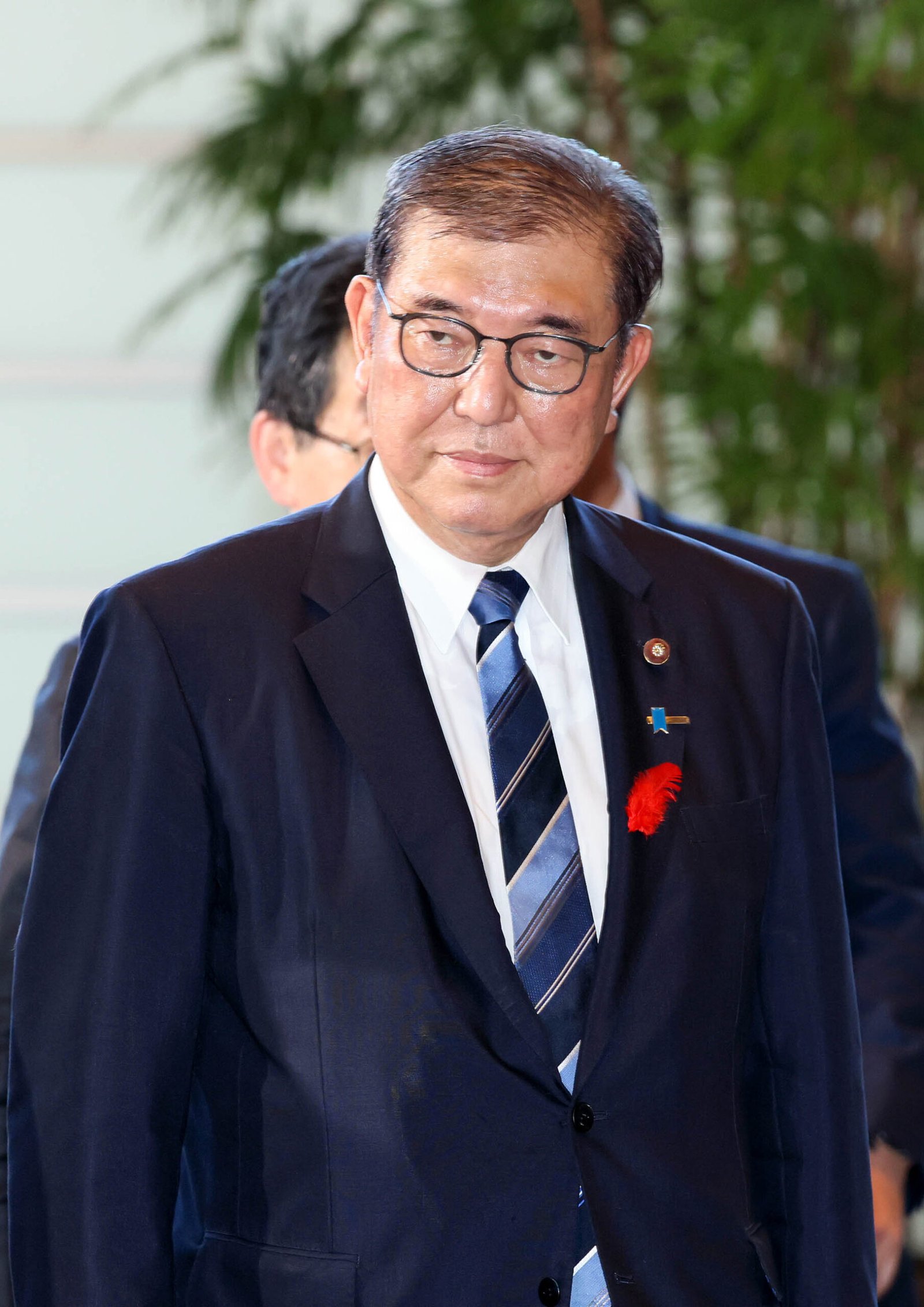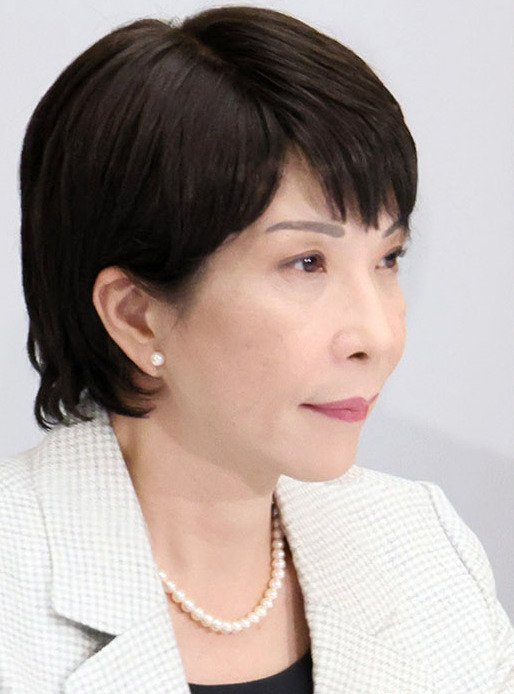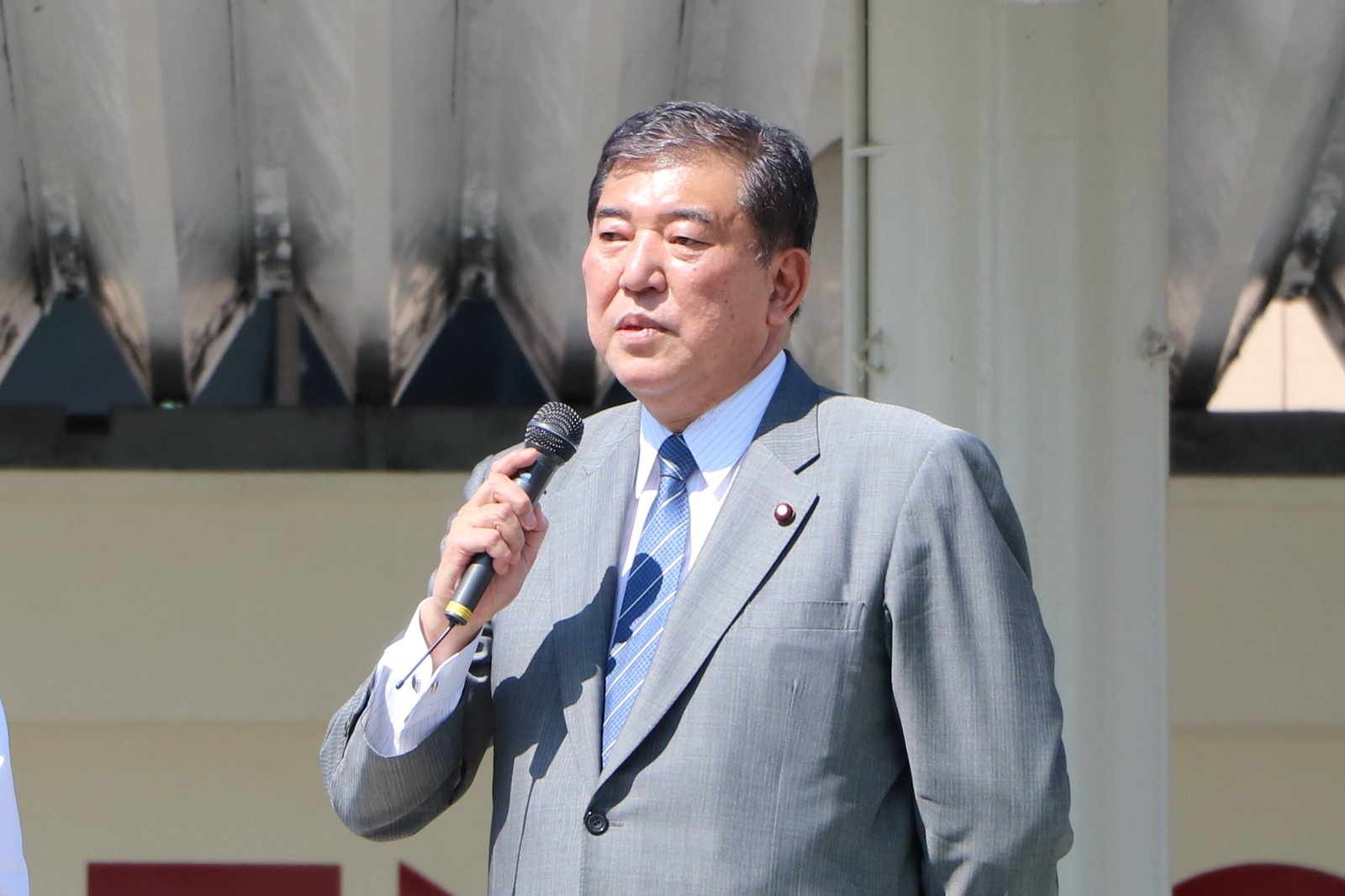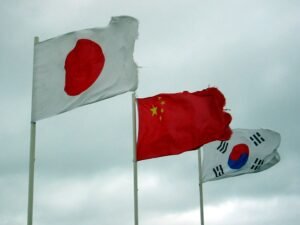Ishiba’s Cabinet Reshuffle Amid Political and Economic Challenges
- Japan’s PM Shigeru Ishiba is reshuffling his cabinet, appointing Keisuke Suzuki and Taku Eto as new justice and farm ministers.
- Despite the LDP’s defeat in the recent election, Ishiba is expected to secure enough support for reelection.
- UNESCO recommends Japan’s traditional sake and “shochu” making skills for its Intangible Cultural Heritage list, while North Korea fires missiles toward the Sea of Japan.
- Amid political changes, Japan faces challenges including North Korea’s aggression, gender equality reforms, and economic issues.
In a significant political development, Japan’s Prime Minister Shigeru Ishiba is set to appoint former senior vice finance minister Keisuke Suzuki and former farm minister Taku Eto as the new justice and farm ministers. This decision comes in the wake of the incumbents’ defeat in the general election held last month. The reshuffle, which will see Yasuhiro Ozato and Justice Minister Hideki Makihara replaced, comes just over a month after Ishiba formed his first cabinet.
Despite the Liberal Democratic Party’s (LDP) crushing defeat in the October 27 lower house election, Ishiba is expected to secure enough support to be reelected in parliament. A special parliamentary session is likely to be held on November 11 to elect the next premier. The LDP and its junior partner, the Komeito party, lost their majority in the House of Representatives election, dealing a heavy blow to Ishiba and highlighting the deepening distrust in the LDP, which was embroiled in a slush funds scandal.
Keisuke Suzuki, a member of the faction led by former Prime Minister Taro Aso, played a significant role in revising the political funds law after the party was embroiled in the scandal. Taku Eto, on the other hand, was deemed qualified for the role following his stint as farm minister under the second Abe administration.
Japan’s Cultural Heritage and Security Concerns
In other news, an advisory panel to UNESCO has recommended Japan’s traditional knowledge and skills for making sake and shochu distilled spirits be included in its Intangible Cultural Heritage list. This recommendation puts their listing on course for formal endorsement later this year.
Meanwhile, North Korea fired multiple short-range ballistic missiles toward the Sea of Japan, according to the Japanese Defense Ministry. This move came just ahead of the U.S. presidential election and less than a week after an intercontinental ballistic missile launch. The foreign ministers of the Group of Seven countries condemned North Korea’s ICBM launch in the strongest terms.
In the aftermath of the election, Japan was plunged into political uncertainty after the ruling bloc’s crushing defeat, less than a month after Ishiba took office. The LDP’s woes deepened in the final days of the campaign after it was revealed that the party had provided 20 million yen each to local chapters headed by some scandal-hit, unendorsed candidates.
Gender Equality Reforms and Economic Issues
In a related development, a U.N. rights watchdog urged Japan to review its requirement for married couples to share a surname while calling for an amendment of the male-only imperial succession law. This recommendation came after the Committee on the Elimination of Discrimination against Women released its concluding observations on Japan after discussions with the government and non-governmental organizations.
In the business sector, the Tokyo Stock Exchange extended its trading hours by 30 minutes, aiming to make the bourse more attractive to foreign investors and boost dealing activity. Toyota Motor Corp. reported that its global production in August dropped 11.2 percent from a year earlier to 709,571 vehicles, falling for the seventh straight month, as output was partially suspended due to a vehicle certification scandal and a typhoon.
In conclusion, the political landscape in Japan is undergoing significant changes, with Prime Minister Shigeru Ishiba making strategic appointments in his cabinet following the LDP’s defeat in the recent election. Amid these developments, Japan continues to face challenges on various fronts, including North Korea’s missile launches, the need for gender equality reforms, and economic issues. As the country navigates these challenges, the actions of its leadership will be crucial in shaping its future trajectory.













Post Comment